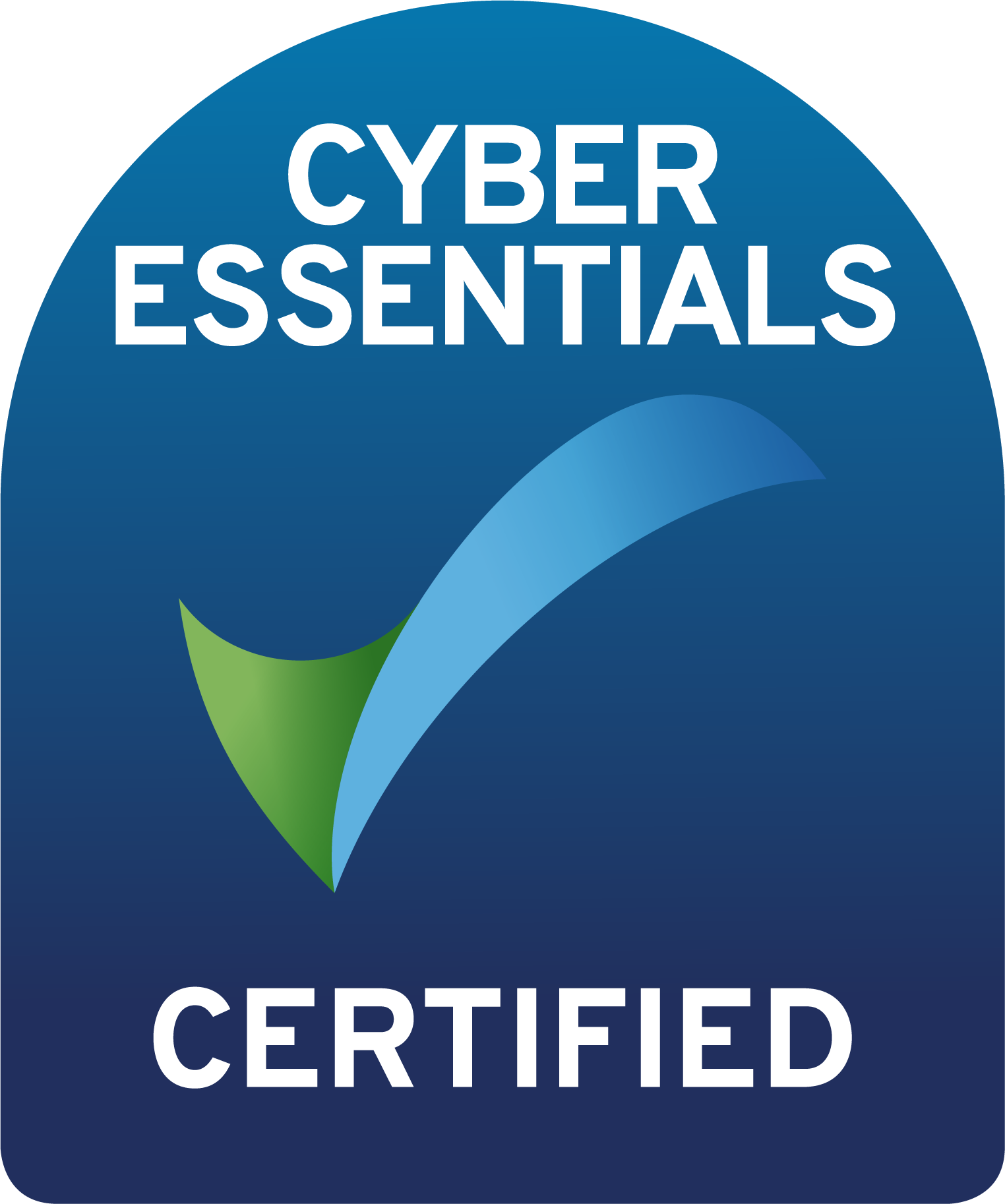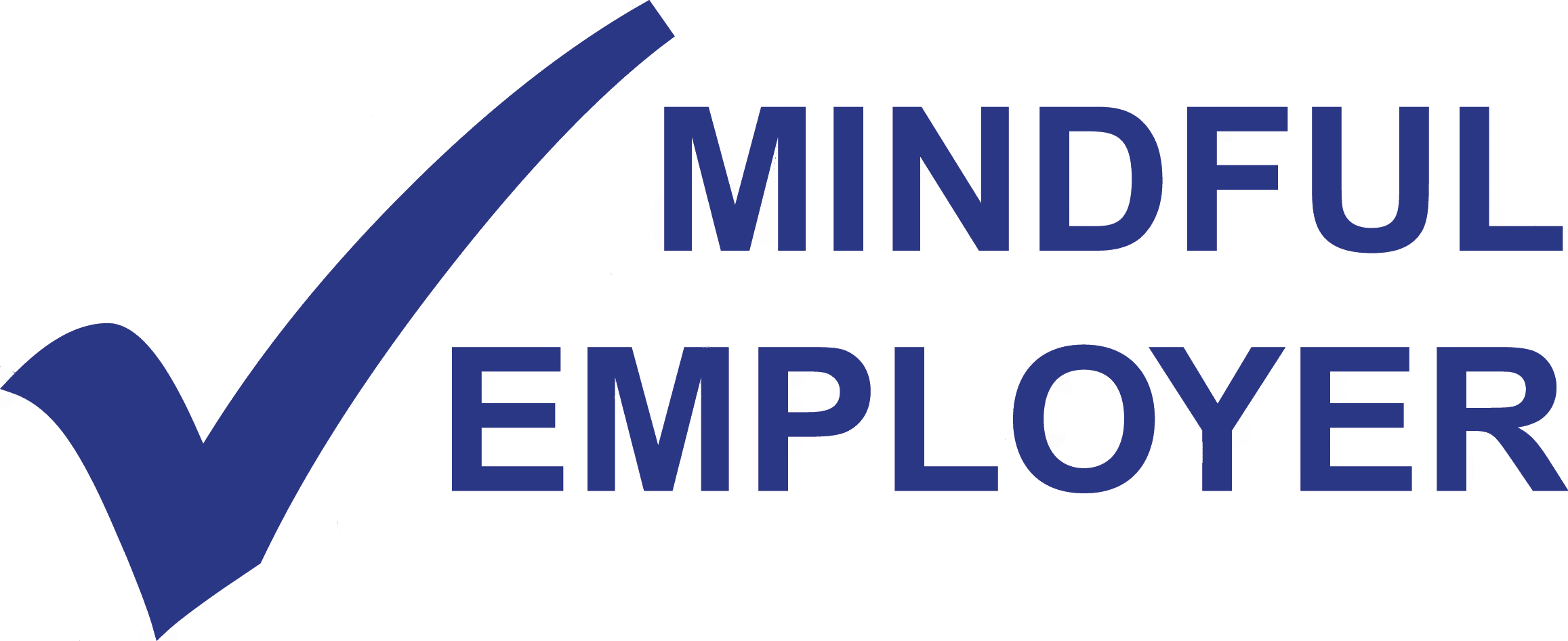If you work in a small organisation, you may not have worked with an Occupational Health service before. Occupational Health (OH) are here to assist you and offer impartial medical advice to organisations to help them manage staff who may be off work with illness, injury, or disability or those who remain at work with illness, injury, or disability.
It can be a little bit daunting if you are off work unwell and your employer wants to refer you to Occupational Health. If you don’t know what Occupational Health is or what to expect, you may feel reluctant to attend or feel that saying the wrong thing may impact your employment. So, it’s really important that HR professionals and managers have the knowledge to explain what the role of Occupational Health is and who works within the service.
Can I get employees to refer themselves to Occupational Health?
Most OH providers and departments do not accept self-referrals. The role of OH is to provide impartial advice to questions posed by HR or managers to help manage the employees condition or illness in the workplace. To give a balanced view, we need background information from the employer and information about the circumstances surrounding the referral and about the job role. Without a referral, we would not have that information!
Once the employee is in the appointment, they have the opportunity to give the OH professional information about the illness and circumstances and how it is affecting their ability to work. Which gives the clinician the balanced information to answer the questions on the referral.
Who works in an Occupational Health company?
Occupational Health Advisers (OHA)
Occupational Health Advisers are fully trained General Adult Nurses who have chosen to specialise in Occupational Health. They have undertaken post-registration/post-graduate training in Occupational Health at diploma/certificate/degree/masters’ level. They are highly trained and qualified nurses.
Occupational Health Physicians (OHP)
Occupational Health Physicians are fully qualified doctors who, like the OHA’s, have chosen to specialise in Occupational Medicine. They have undertaken post-graduate training in Occupational Medicine and are specialists in their field.
Why do employees need to see OH when they have a GP?
GPs are primary caregivers and are focused on diagnosis, treatment and prognosis. The GP won’t have the background information from the employer and is quite rightly the patient/employee’s advocate. The OHP is an expert on the specific needs of the job role/work and the work environment and will always have the background information from the employer when making their assessment.
What information goes back to the employer?
Before the consultation begins, the employee is asked to complete a consent form for the Occupational Health assessment. The consent form asks the employee to agree/decline the assessment and, following the appointment, a report to be sent to the employer.
Employers do not get a copy of the medical records or all the medical details. The employer will receive a report which contains the answers to the questions on the referral form.
The employee has an opportunity on the consent form to express their wish to see the report before it is sent to the employer. The whole process of referral to OH should be open and transparent, with no surprises from the referral being shown to the employee before it is submitted to the contents of the report being shown to the employee before being sent to the employer.
If you would like to learn more about making a good referral and maximising OH, we offer some breakfast meetings and more in-depth training, please see our website for more details.




